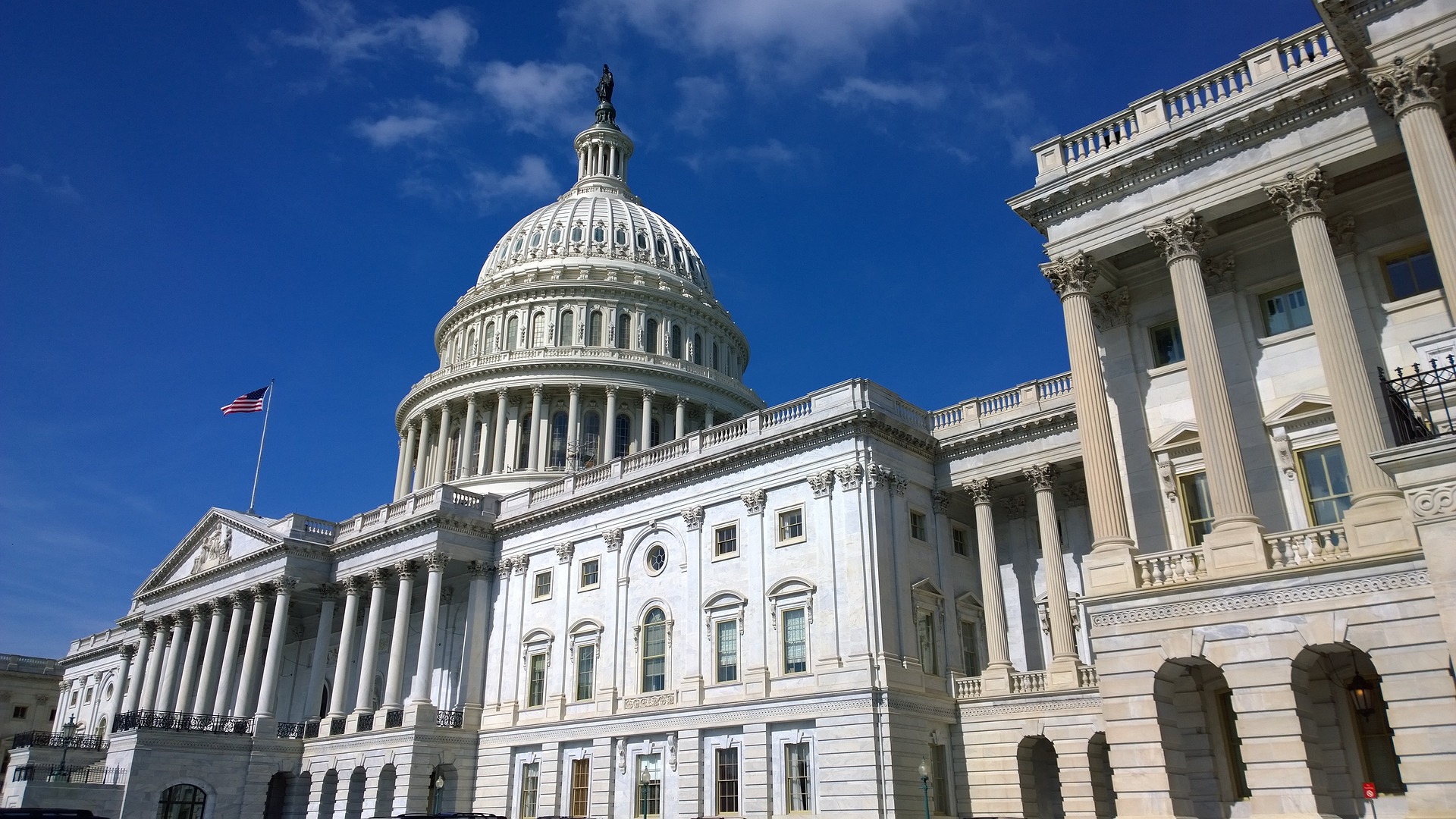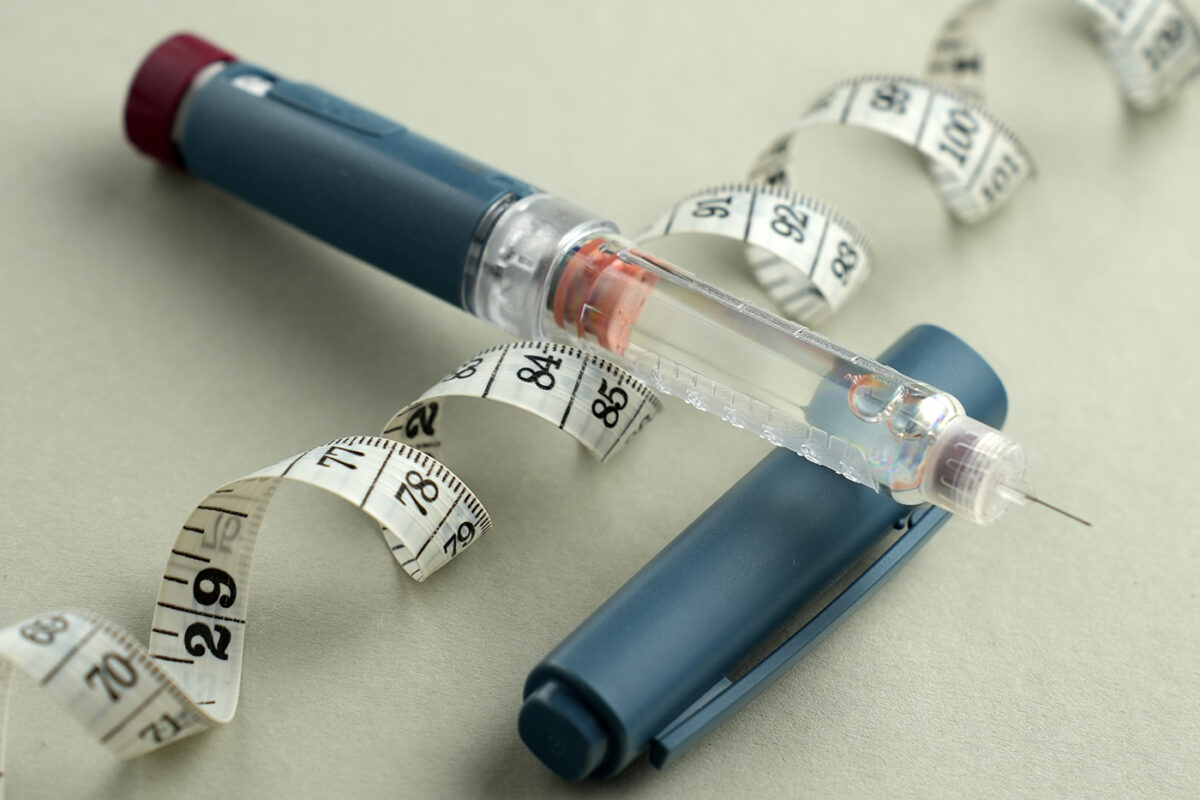
In the wake of multiple recent mass shootings, including one in Arkansas, Congress passed its first gun control legislation in nearly 30 years. The Bipartisan Safer Communities Act was signed into law on June 25.
Major provisions of the act include:
- Enhanced background checks for gun buyers under the age of 21, including a review of juvenile and mental health records from the age of 16 forward.
- Closing of the “boyfriend loophole,” a gap in a law that prohibited a person from owning a gun if the person was convicted of abusing a spouse, live-in partner, or co-parenting partner but until now did not apply to a person convicted of abusing a dating partner.
- Funding for states to establish “red flag laws,” which allow law enforcement to seize guns from individuals deemed too unsafe to possess them.
- Funding for increased school security measures.
- Funding for mental health programs.
Gun violence, which includes homicide, violent crime, attempted suicide, suicide, and unintentional death and injury, is a leading cause of premature death in the U.S. Firearms kill more than 38,000 people and cause almost 85,000 injuries every year. The U.S. is the only country among other first-world nations where firearms are the leading cause of death among children (aged 1–19 years). In 2020, 4,357 children suffered firearm-related deaths. In 2017, according to the latest available state-level data, there were 58 child and teen gun deaths in Arkansas.
The act includes several provisions increasing investment in mental health services, including a major funding boost for schools and communities. A total of $15 billion in federal funding will be set aside for mental health program funding and school security updates. Examples of new or enhanced investment include:
- Expansion of the community mental health services demonstration program, allowing up to 10 new states to participate in the program every two years. The demonstration program provides funding to states to operate certified community behavioral health clinics, which are required to provide access to a wide range of treatment and recovery support services.
- Assistance for states to implement or expand school-based mental health services under Medicaid.
- Requiring the Centers for Medicare and Medicaid Services to offer guidance to states on expanding access to mental health services via telehealth.
- Providing pediatric health care access grants to allow primary care providers to rapidly access mental health expertise through teleconsultations with specialists as needed.
- Enhanced oversight of states’ implementation of Medicaid’s Early and Periodic Screening, Diagnostic and Treatment benefit to improve children’s access to mental health services.
- Funding for community and first responder mental health training.
- Funding for programs that increase awareness of mental health issues among school-aged youth.
- Grant funding set aside for school-based trauma support.
- Funding for the National Suicide Prevention Lifeline.
While investments in mental health services are needed, there is limited evidence that increasing access to mental health care reduces gun violence and mass shooting instances. Mental illness impacts nearly 1 in 5 American adults, yet only 3% to 5% of violent acts can be attributed to those with severe mental illness. Alternatively, research shows that policies such as licensing requirements for gun purchasers and bans on large-capacity magazines are associated with fewer mass shootings.






